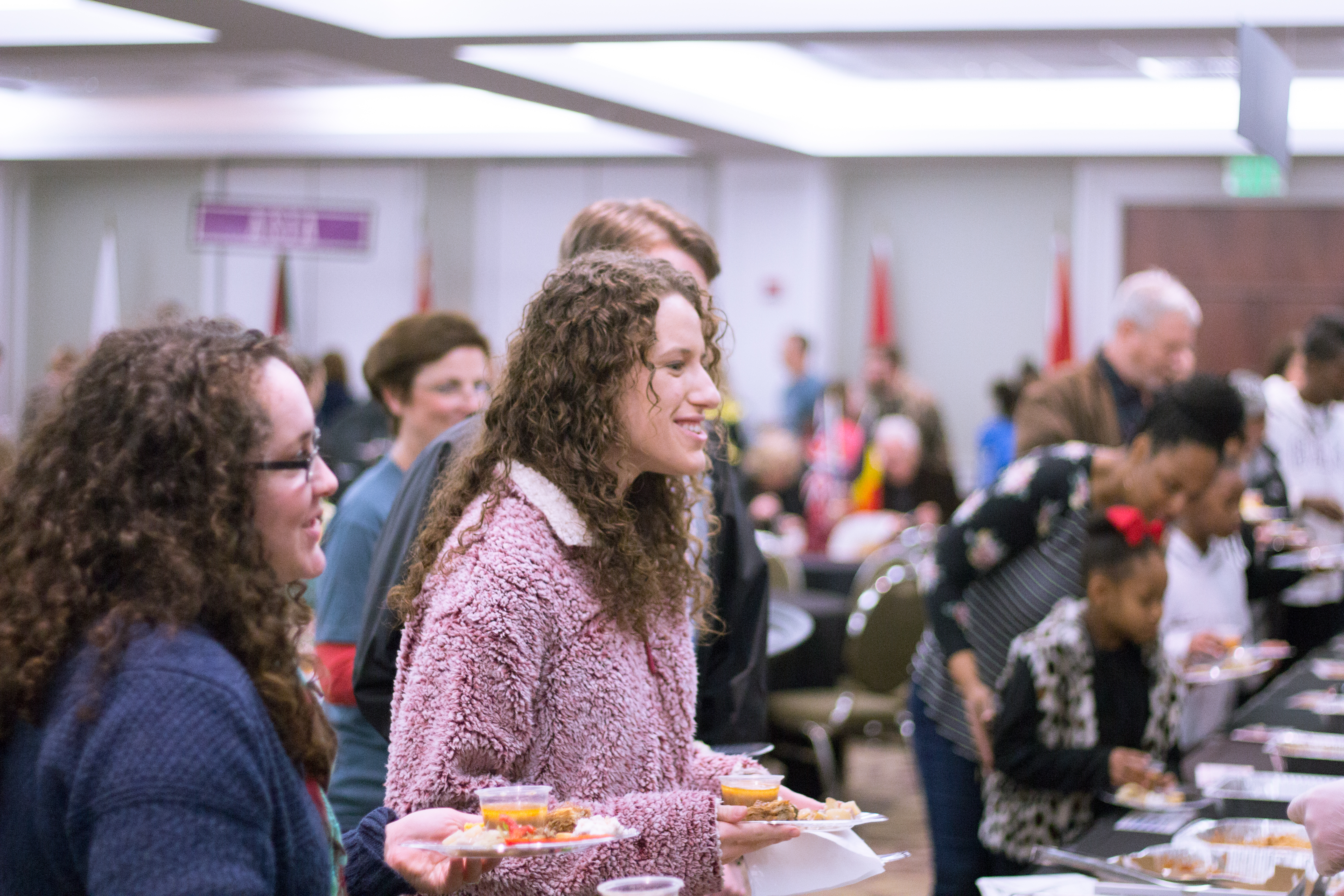In season 3 of The Office, my favorite show, the Stamford and Scranton branches of the office merge due to corporate downsizing. In the midst of the ensuing upheaval Andy Bernard, a Stamford employee, explains his plan to become Scranton’s new second-in-command: “Name repetition, personality mirroring, and never breaking off a handshake.” It is this second tactic that I want to focus on.
Respect is being a mirror. It may sound a bit odd, but when I consider the idea of respect I have mental pictures of those people who helped mold me into who I am today. I see this influence as a mosaic mirror, each mirror piece reflecting one person I have grown to respect. Why do we look to certain people for answers to our questions? Why is it that we imitate the admirable characteristics that we see in others? What is it about a simple encounter with these people that completely change our attitudes? Respecting someone is not just something we choose to do; it is something we are designed to do.
Respect really does have its roots in biology. In Neuroscience, Dr. Wight discusses the “mirror neurons.” These neurons are what allow us to imitate someone else. They play a significant role in how children learn; we all know how silly it looks to repeat the same words over and over to a baby, trying to get them to say “Dada” or “Mama,” but this actually serves to stimulate their mirror neurons. When I refused to go to sleep as a child, my mother would pretend to yawn a few times. After mimicking her fake yawns, I would be out like a light.
If respect is in our biological blueprint, something we are designed for, then how do we show it? We reflect. We reflect the actions and intentions of the people we respect. At Ouachita, I think we can all agree that Rex Horne is one of the most respected men on campus. Whenever he walks into the room wearing a suit and tie, I find myself naturally standing a little taller, choosing my words with greater care, being more careful with how I choose my words. This would be considered “courtesy,” the outward indication of respect. Courtesy is unique in that it is a voluntary response, not an obligation, as one might show chivalry. We choose to be courteous, just as we choose to respect someone. We do all of these things because we see those traits as something worth having in our own lives.
You might be wondering whether Andy ever reached his goal at the Scranton branch. Unfortunately, he went a little crazy and had to attend anger management classes, but that’s another story. What we can learn from Andy, however, is how to show respect to others, mirroring them.





